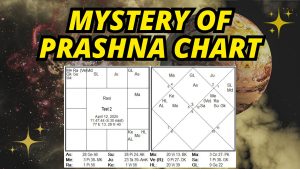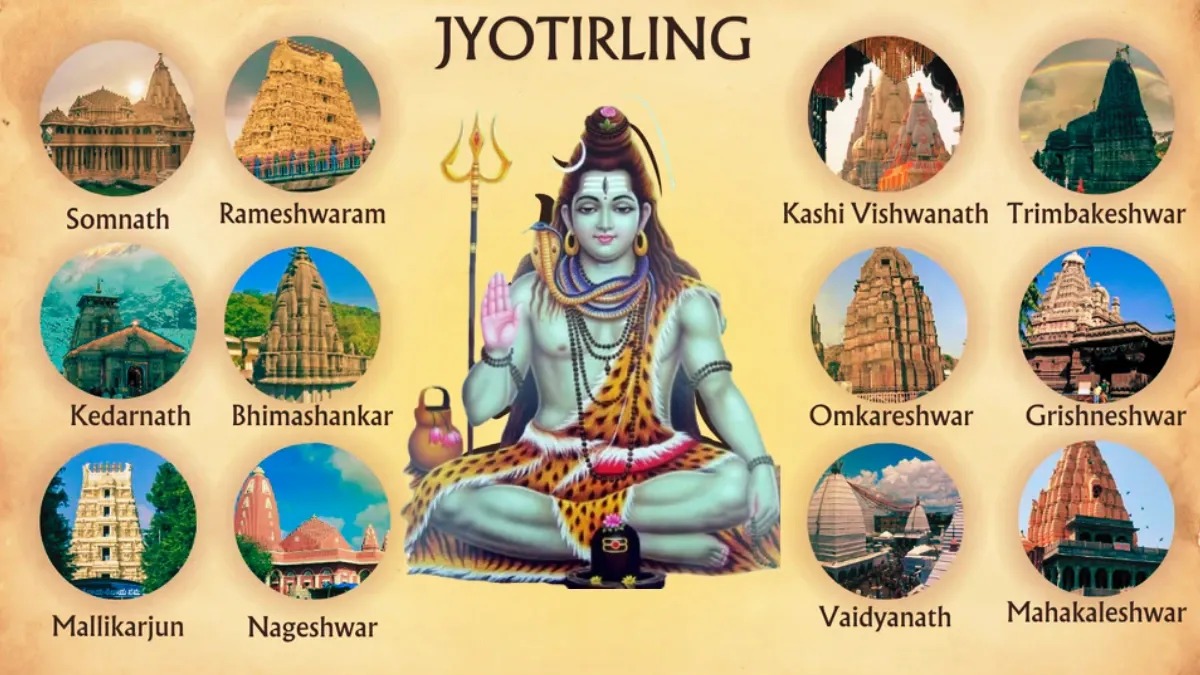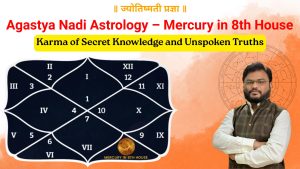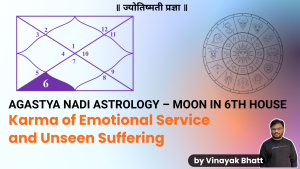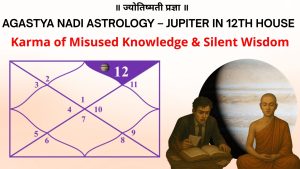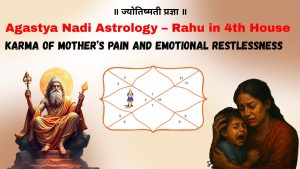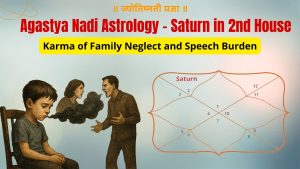29
JUN 2023
In Vedic Astrology, the twelve zodiac signs, or rashis, play a significant role in predicting the future of an individual. Each rashi is associated with specific planetary influences, elements, and traits, which provide insights into various aspects of a person’s life. By analyzing the placement of planets in different rashis and their interactions, astrologers can make predictions about future events and trends in a person’s life. Here’s how the rashis are helpful in predicting the future of an individual in astrology:
Personality Traits: The rashis reflect certain personality traits and characteristics of an individual. For example, Aries individuals are known for their courage and leadership qualities, while Taurus individuals are associated with stability and practicality. By analyzing the placement of the Sun or Moon in a particular rashi, astrologers can understand a person’s inherent nature and predict how it may influence their future actions and choices.
Life Events: The position of planets in different rashis at the time of birth can provide insights into significant life events and experiences. For instance, if Mars is placed in the 7th house in the rashi of Libra, it may indicate challenges and conflicts in relationships. Astrologers analyze the planetary positions and their interactions with the rashis to predict events such as career advancements, financial gains, relationships, and health issues.
Compatibility: The rashis are also helpful in predicting compatibility between individuals. By comparing the placement of planets in their respective rashis, astrologers can assess the compatibility of two individuals in areas such as love, marriage, and business partnerships. For example, a person with the Sun in Leo may have a natural affinity towards someone with the Moon in Leo, as they share the same rashi and ruling planet.
Dasha System: In Vedic Astrology, the dasha system is used to analyze the planetary influences and predict the timing of events in an individual’s life. Each rashi is associated with a specific planetary period, known as a dasha. By analyzing the dasha sequence and the placement of planets in different rashis, astrologers can make predictions about the timing of significant events, such as career changes, marriage, and financial gains.
Remedial Measures: In addition to predicting future events, the rashis also guide astrologers in suggesting remedial measures to mitigate potential challenges or enhance positive outcomes. Certain gemstones, mantras, rituals, and charitable acts are associated with specific rashis and their ruling planets. By prescribing these remedies based on the individual’s rashi and planetary influences, astrologers aim to balance energies and bring about positive changes in their lives.
It is important to note that while astrology offers insights into potential future events, it does not determine one’s fate completely. Free will and personal choices also play a significant role in shaping one’s life. Astrology serves as a tool for self-awareness, guidance, and understanding, empowering individuals to make informed decisions and navigate their lives with a deeper understanding of their strengths, challenges, and potentials.
Vedic Astrology, also known as Jyotish, is an ancient system of astrology that originated in the Indian subcontinent. It is deeply rooted in the Vedic texts, which are considered the oldest scriptures of Hinduism. Vedic Astrology provides valuable insights into various aspects of life, including personality traits, relationships, career, and health.
One of the fundamental components of Vedic Astrology is the study of the twelve zodiac signs, which play a crucial role in determining an individual’s characteristics and life path. In this article, we will explore the twelve zodiac signs in Vedic Astrology, including their ruling planets, elements, and traits, with references from classical texts.
Aries (Mesha)
Aries, the first sign of the zodiac, is ruled by Mars and belongs to the fire element. People born under this sign are known for their fiery nature, passion, and strong leadership qualities. According to the Brihat Parashara Hora Shastra, an important classical text in Vedic Astrology, individuals with an Aries Sun sign are courageous, dynamic, and adventurous. They possess a strong willpower and are often driven by their desire to achieve success.
Taurus (Vrishabha)
Taurus, ruled by Venus, represents the earth element. Individuals born under this sign are known for their stability, practicality, and sensuality. As per classical texts like the Jataka Parijata, Taureans have a grounded nature and are often associated with perseverance and determination. They appreciate material comforts and possess a strong sense of loyalty towards their loved ones.
Gemini (Mithuna)
Gemini, ruled by Mercury, belongs to the air element. Those born under this sign are known for their versatility, intellect, and excellent communication skills. Classical texts like Phaladeepika mention that Geminis possess a curious and adaptable nature. They are quick-witted, social, and have a natural ability to express themselves effectively in various situations.
Cancer (Karka)
Cancer, ruled by the Moon, represents the water element. Individuals born under this sign are deeply emotional, nurturing, and intuitive. Classical texts such as Brihat Jataka describe Cancerians as highly sensitive and caring individuals. They value family and home life, and their intuitive abilities allow them to connect with others on a deep emotional level.
Leo (Simha)
Leo, ruled by the Sun, belongs to the fire element. People born under this sign are known for their confidence, charisma, and leadership abilities. Classical texts like Saravali describe Leos as natural-born leaders who possess a magnetic personality. They have a strong desire for recognition and often thrive in creative pursuits.
Virgo (Kanya)
Virgo, ruled by Mercury, represents the earth element. Individuals born under this sign are known for their analytical skills, practicality, and attention to detail. According to classical texts like Phaladeepika, Virgos have a methodical approach to life and a strong desire for perfection. They are often inclined towards serving others and have a strong sense of responsibility.
Libra (Tula)
Libra, ruled by Venus, belongs to the air element. Those born under this sign are known for their harmonious nature, diplomacy, and love for beauty. Classical texts such as Brihat Parashara Hora Shastra describe Librans as individuals who seek balance and fairness in all aspects of life. They have a natural talent for creating harmonious relationships and appreciate aesthetics.
Scorpio (Vrishchika)
Scorpio, ruled by Mars and co-ruled by Ketu, represents the water element. People born under this sign are known for their intensity, passion, and determination. According to classical texts like Brihat Jataka, Scorpios possess deep emotional insight and are often associated with transformation and rebirth. They have a powerful presence and are not afraid to explore the depths of their emotions.
Sagittarius (Dhanu)
Sagittarius, ruled by Jupiter, belongs to the fire element. Individuals born under this sign are known for their adventurous spirit, optimism, and love for knowledge. According to classical texts like Saravali, Sagittarians have a philosophical and expansive nature. They are often inclined towards spiritual pursuits and have a strong desire to explore the world and expand their horizons.
Capricorn (Makara)
Capricorn, ruled by Saturn, represents the earth element. Those born under this sign are known for their ambition, discipline, and practicality. Classical texts such as Phaladeepika describe Capricorns as hardworking individuals with a strong sense of responsibility. They possess the ability to plan for the long term and are often associated with success and authority.
Aquarius (Kumbha)
Aquarius, ruled by Saturn and co-ruled by Rahu, belongs to the air element. People born under this sign are known for their uniqueness, independence, and humanitarian nature. According to classical texts like Jataka Parijata, Aquarians possess a progressive mindset and have a natural inclination towards social causes. They often think outside the box and are driven by a desire to bring about positive change.
Pisces (Meena)
Pisces, ruled by Jupiter and co-ruled by Neptune, represents the water element. Individuals born under this sign are known for their compassion, imagination, and sensitivity. According to classical texts like Brihat Parashara Hora Shastra, Pisceans possess a deep connection to the spiritual realm and often have psychic abilities. They are highly empathetic and have a natural inclination towards creative and artistic pursuits.
Conclusion
The twelve zodiac signs in Vedic Astrology provide valuable insights into an individual’s personality traits, behavior patterns, and life path. By understanding the ruling planets, elements, and traits associated with each sign, we can gain a deeper understanding of ourselves and others. Classical texts like Brihat Parashara Hora Shastra, Phaladeepika, and Jataka Parijata serve as invaluable references, shedding light on the ancient wisdom and knowledge of Vedic Astrology. By embracing this wisdom, we can navigate our lives with greater self-awareness and make informed decisions that align with our true nature.
Vinayak Bhatt is one of the most well recognized Vedic Astrologer and Trainer of India. He is going to start his upcoming course for beginners. Learn Vedic Astrology Course in Hindi by Vinayak Bhatt. After completing this master course you’ll able to understand and predict astrological events easily.


